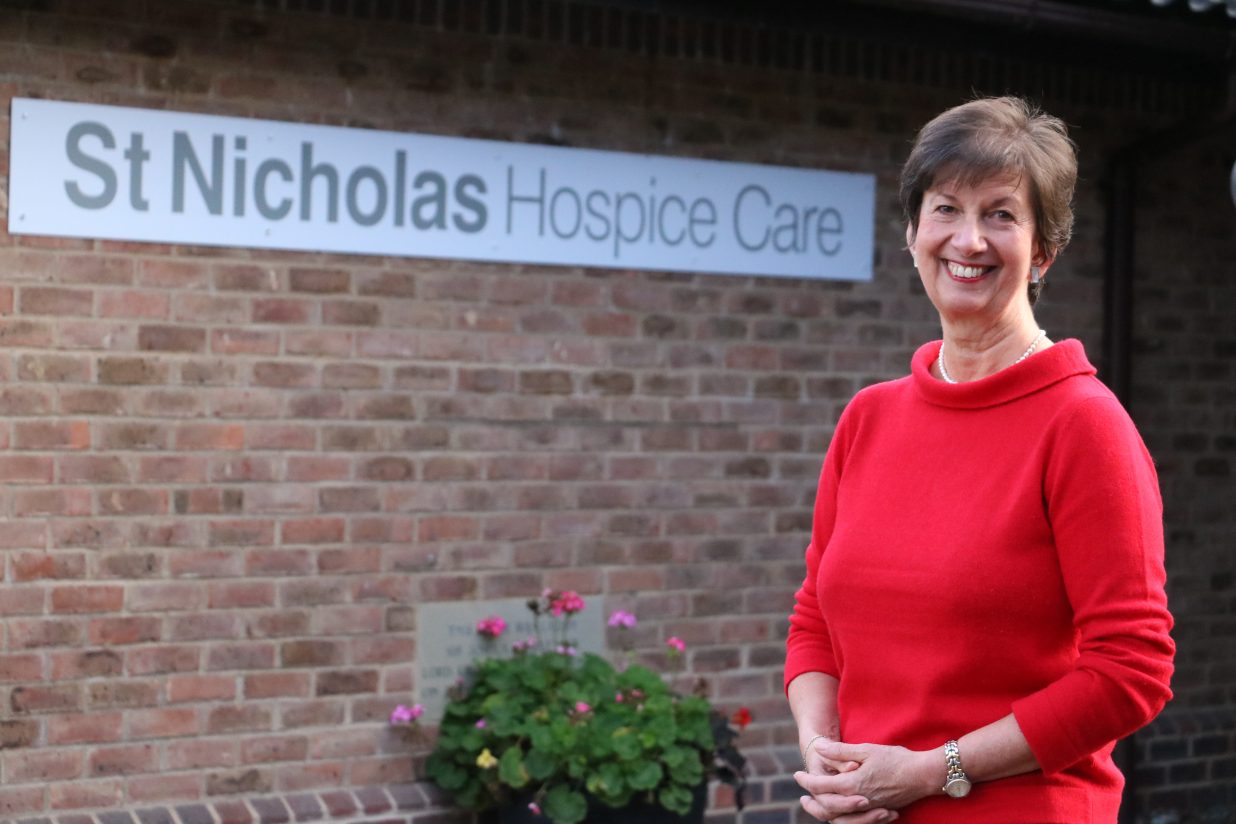Call our 24/7 advice line for health care professionals and families if you need support with symptom management and end of life care - 01284 766133.
Thoughts from Hospice UK’s annual conference
This year’s Hospice UK annual conference was in Liverpool with the theme ‘Dying for Change’ – Evolution and Revolution in Palliative Care.
One afternoon was devoted to a workshop entitled ‘Revolution’ and over 100 participants were taken through the process of service design using a similar process to our Listen Learn Adapt by Jake Garber. It was great to see people feeling inspired to come up with all sorts of different ideas.
Another presentation explained the model of Large Scale Change (LSC) and described the work at St Christopher’s and their Quality End of Life Care for All (QELCA)© accredited programme and train the trainers courses. One programme has been working with local paramedics. Sounds a great programme, but the cost may deter some organisations from taking part.
Another key speaker was Dr Lucas Morin talking about ‘Data, drugs and dying’, he drew on significant amounts of data gathered in Sweden to explore how we should be better at reviewing the drugs people take at the end of life because of the length of time some drugs take to work. He provocatively suggested that cats are better predictors of mortality than humans, who “are really bad at predicting death, about as good as predicting the weather.” Although I think we are slightly better in the hospice world.
Dr Mark Taubert encouraged us to use the media to promote conversations, and told us the story around his blog about David Bowie and all the publicity that surrounded it. Mark highlighted the Talk CPR website as a good example of how to get the message across about CPR. Clinicians should encourage people and families to watch it before having discussions, so people can be better informed. Mark said we have failed to address the complexity of when not to resuscitate, alongside our campaigns to promote CPR.
Compton Care’s CEO described their journey rebranding and losing the word hospice as part of their corporate identify. It was interesting to see how they were moving away from an identity connected with death to focusing on life, people were called patients throughout their publications. The use of the word hospice is often debated, but I think we should be proud of hospice and our current strategy at St Nic’s sees ‘hospice as a behaviour’ and not a building. We should not ignore death, we should be working to normalise it.
I only caught the last part of a session by Lucy Watts and Leah Booth talking about sexuality and intimacy and on why the resources they’ve produced are vital not just for young people, but for professionals too. And I got to meet Molly- Lucy’s assistance dog.
You can see more about by checking Twitter #HUKConf19 or reading ehospice articles. Hospice UK will be adding presentation slides and videos of several sessions to their website and YouTube channel over the next few weeks. Abstracts from the poster exhibition are published in the November 2019 supplement of BMJ Supportive & Palliative Care, an official journal of Hospice UK.

